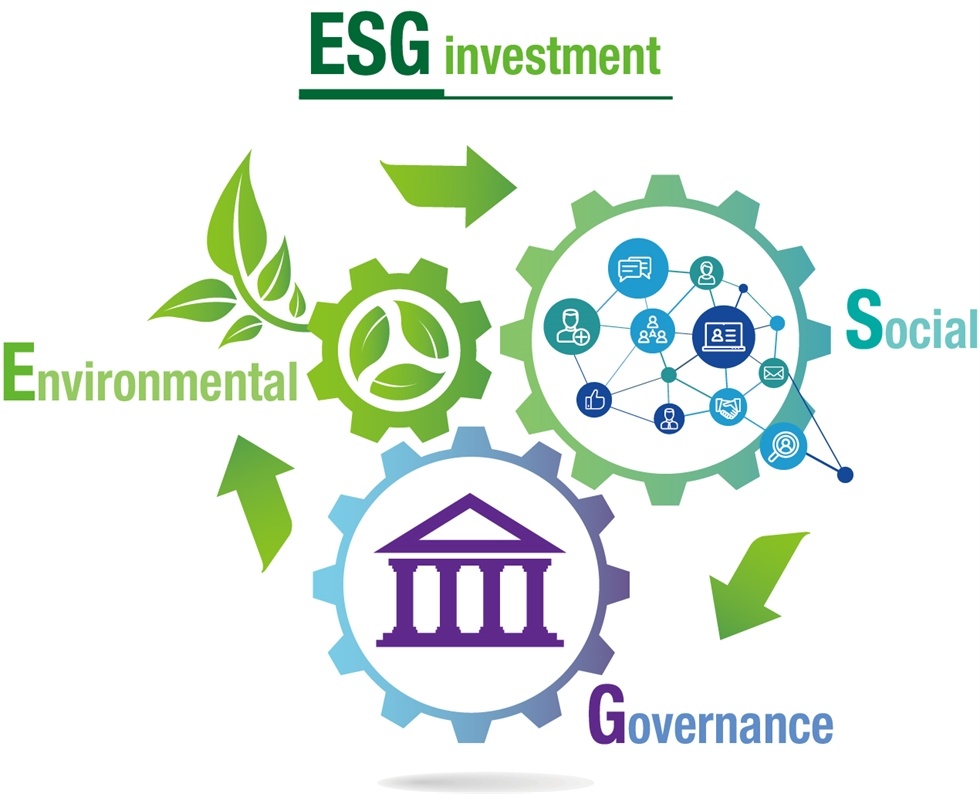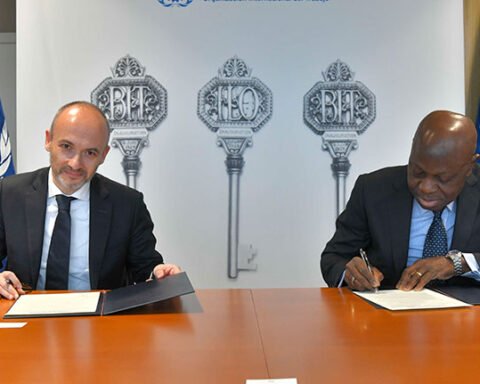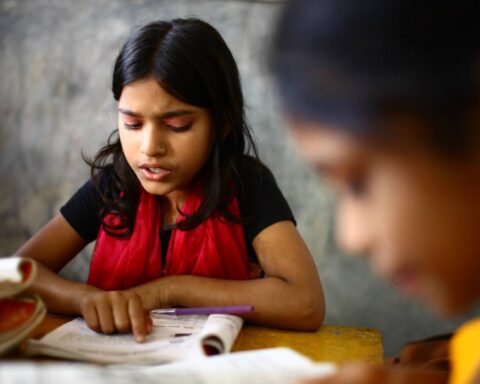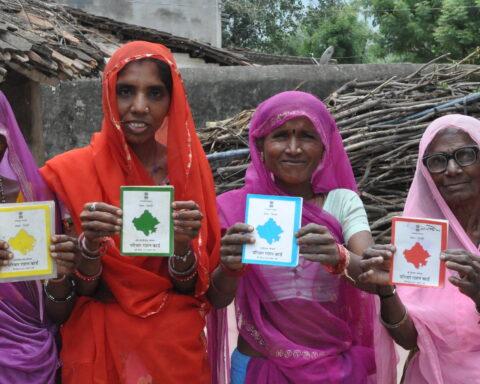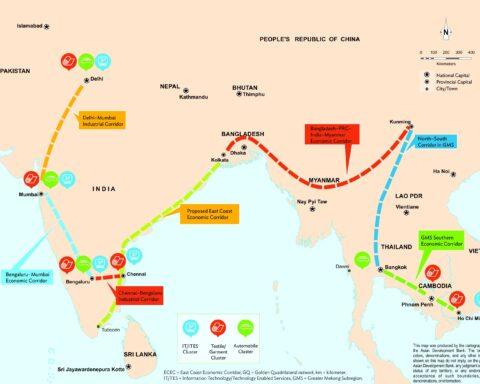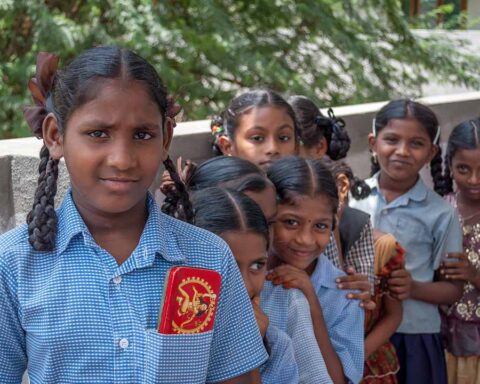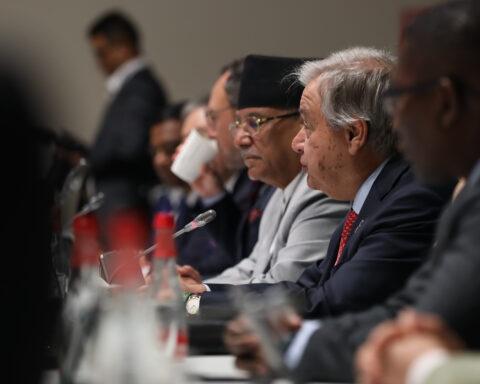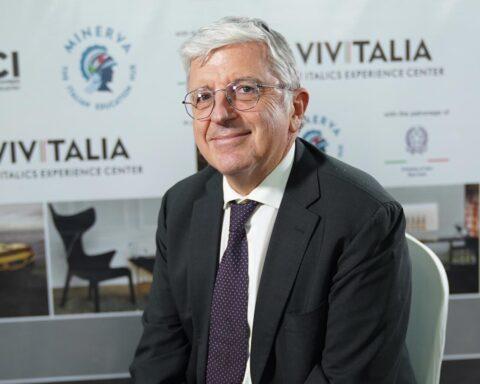According to a Morgan Stanley analysis, the country lags behind most other Asia-Pacific areas. However, Morningstar reports that ESG activity is increasing. In 2020-21, sustainability funding are expected to increase by 80% year over year
Sustainability-focused ESG (Environmental, Social, and Governance) funds have been gaining appeal around the world, especially in India. However, the country’s ESG assets under management (AUM) trail behind its international counterparts. According to EPFR data, India’s ESG AUM was $1.5 billion in June, accounting for 2% of Asia-Pacific ESG funds AUM. In comparison, India has a 10% portion of the global APAC AUM. In 2021, India’s number of sustainability funds accounts for only 2% of the total in Asia Pacific, lagging behind most other Asia Pacific areas. According to Morningstar data, however, interest and involvement in ESG is expanding. In FY21, net inflows into sustainability funds increased by 80% year over year to $510 million.
“Energy transition stands out as a critical environmental subject,” Morgan Stanley stated. “Corporate social responsibility (CSR) is supported, despite social development concerns; India shares emerging market governance risks but is pushing for reforms.” According to a Morgan Stanley report, Indian companies are required to disclose ESG factors, resulting in high ESG disclosure rates, however international principles have not been extensively embraced. These include broad rules for ethical business activity, as well as a framework for corporate disclosure called the Business Responsibility and Sustainability Report (BRSR).
“However, international reporting criteria have been applied by less than half of MSCI India constituents,” Morgan Stanley added. India had introduced several regulatory-driven corporate governance changes as one of the first Asian countries to impose a board female quota, but Covid-19 has slowed progress in governance. The necessity to separate the chairman and chief executive, for example, has been postponed until April 2022. (from April 2020). India declared that all Quad nations intend to update or express aspirational NDCs ahead of COP26 in a joint statement with Australia, India, Japan, and the United States. India is also likely to emphasise the importance of continued financial and technological assistance from wealthy countries.

